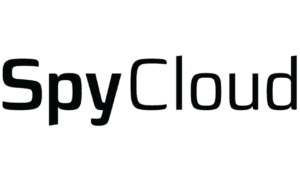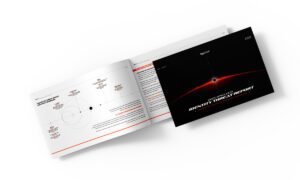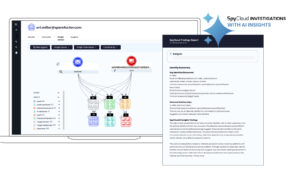Introduction
If you’re like me, then you spend a lot of time on your computer. Unfortunately, it’s also a target for hackers looking to steal personal information or infect your device with malware. Fortunately, there are things you can do to protect yourself from these threats:
Keep all software on your computer up-to-date.
Keeping your software up to date is the best way to protect yourself from viruses and malware. Updating helps keep your computer safe by making sure that all of the latest security patches, bug fixes and other improvements have been applied.
Don’t open email or text message attachments from people you don’t know.
If you’re on the computer, you can easily see when someone sends you an email or text message. If they want to send something that’s in an attachment, they’ll tell you.
If it’s something important for your business and requires immediate attention, click on “Yes” in order to open it. However, if it’s just some junk mail from a stranger—or worse yet, malware—the best thing is not to open anything at all! Visit Onovoinfo
Don’t give out your personal information online.
- Don’t give out your personal information online.
- Don’t share your passwords, especially if you’re using the same password for multiple accounts.
- Don’t click on links in emails or Facebook messages that seem like they might be from someone you know—they could lead to a virus or malware attack.
- Don’t give out credit card numbers or social security numbers over email, either! If someone asks for this info from you, don’t send it without checking first what’s going on with the message first and making sure there’s nothing suspicious about it (like typos). If you’re really concerned about having some financial data stolen by hackers, cut up all copies of checks that include those numbers before sending them out (if possible) so no one can use them without knowing where the originals came from!
Be wary of free downloads and free trials.
When you download a program, be careful about what you install. Free downloads can contain viruses and other malware that can infect your computer, so make sure to only download from trusted sites like the official site for the program or from the company’s own website. If possible, check with the company before trusting any piece of software you receive in an email attachment or through social media channels (such as Facebook).
Free trials are another potential source for malware infections on your computer. Many companies offer free trials as a way of getting people interested in their products; however, these offers also allow hackers easy access points into your system if they’re not careful about watching out for them! If this sounds too good to be true – there probably is something wrong here!
Use anti-virus and anti-spyware software and a firewall.
- Anti-virus software
- Anti-spyware software
- A firewall
Make sure you have an IT department to call if necessary.
If you have an IT department, they can help with any problems that come up. They’ll be able to figure out what’s going on and get it fixed in no time at all.
If you don’t have an IT department, then make sure you call one now!
Keep your sensitive files somewhere safe (like a safety deposit box).
- Make sure your sensitive files are encrypted.
- Do not keep them on your computer or another device.
- Keep them in a safety deposit box, bank vault or safe at home.
Know who to contact in case of a breach.
If you’re the victim of a breach, it’s important to know how many people are affected by your case. You may also want to keep track of who has been notified and when they were told so that you can avoid future problems if they do occur.
- Talk with the police: If your computer has been infected with malware or other types of viruses, contact law enforcement immediately and let them know what happened so they can investigate further. They’ll be able to tell whether or not a crime has been committed against anyone involved (including yourself).
- Contact banks: If money was stolen from one account due to this type of incident, then contact each bank individually about which accounts have been compromised and have them freeze those accounts until further notice.* Contact ISPs: Depending on where you live in relation towards internet service providers (ISPs), there might be different levels at which security breaches could be handled by different companies within ones own jurisdiction; however some ISPs may offer free assistance regardless if based upon location! This means that although some ISPs may charge fees upfront when purchasing packages which include protection services such as antivirus programs built into their systems; others will provide them without asking anything else except maybe $50-$100 per year depending upon the length
Protecting your computer is not rocket science but it definitely helps if you follow these tips.
Pretty much any computer user can go to the internet and download viruses and malware, but it’s important to understand how they work. The first step in protecting your computer is knowing what a virus is, so let’s start with that. A virus is an executable file such as an email attachment or web page link that contains harmful code that can infect other computers via email or peer-to-peer sharing (a file sharing app). Viruses can also be spread through USB drives, CDs, DVDs and even floppy disks!
Viruses are often confused with Trojans because both may have similar names but none of these programs will actually harm your PC; instead, they just slow down its performance by making it harder for you to access certain files on your hard drive.
Conclusion
We hope this article has given you a few ideas of how to protect your computer from viruses and malware. It’s not rocket science, but it can help prevent some serious damage if done properly.



































